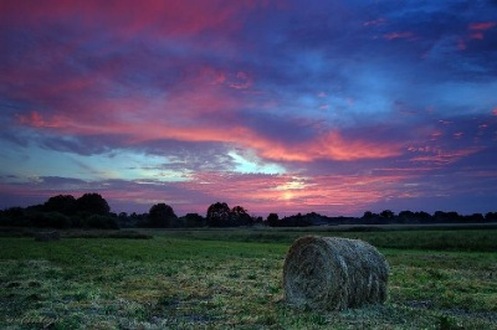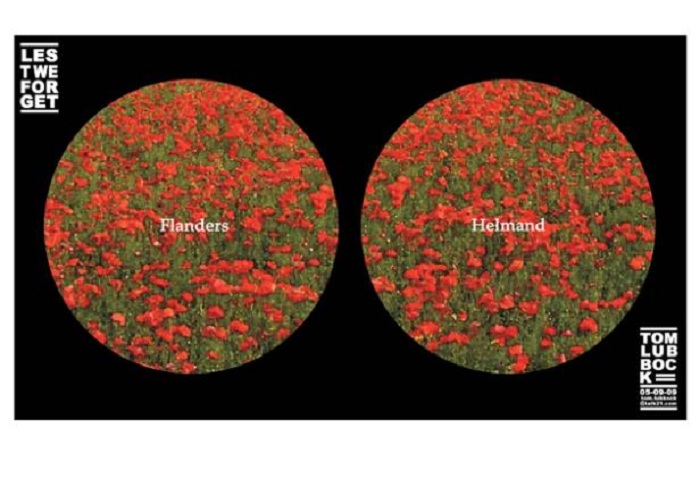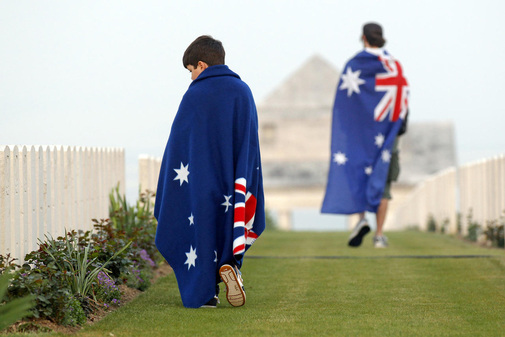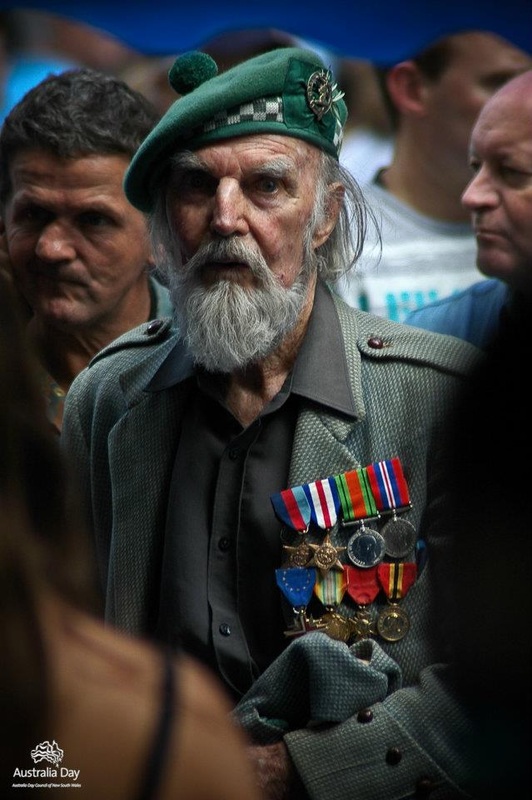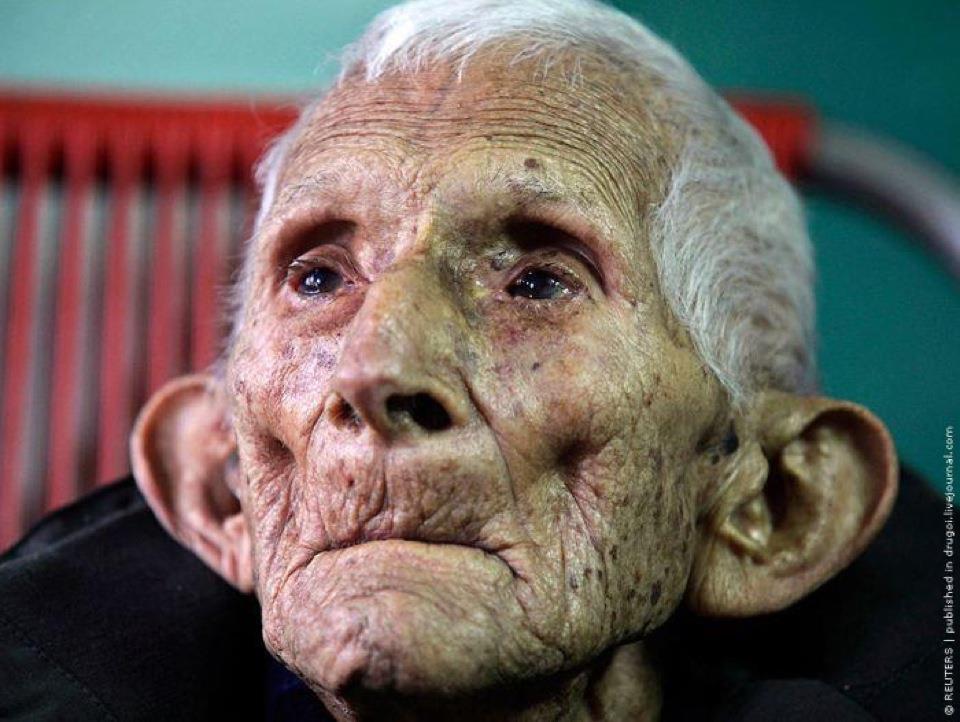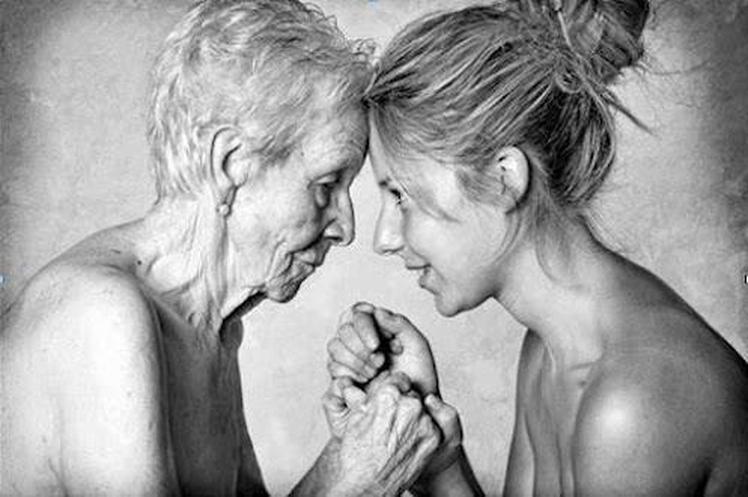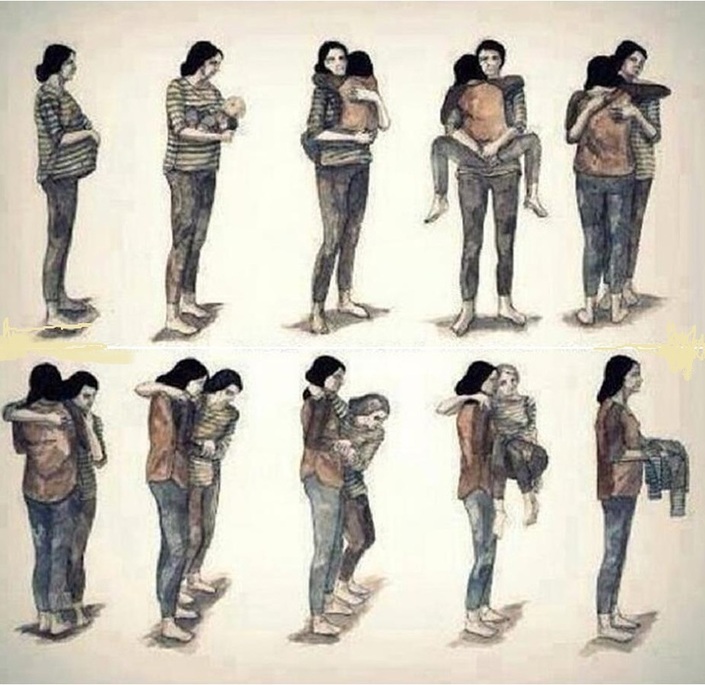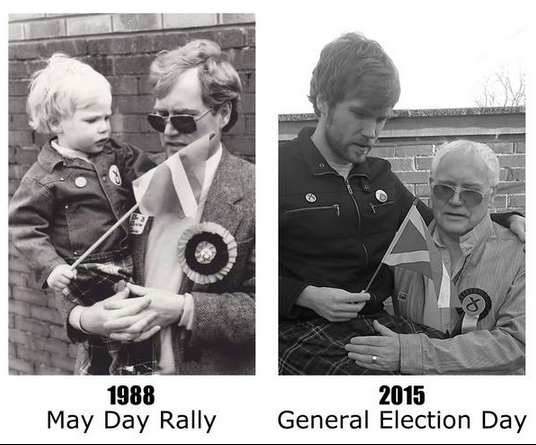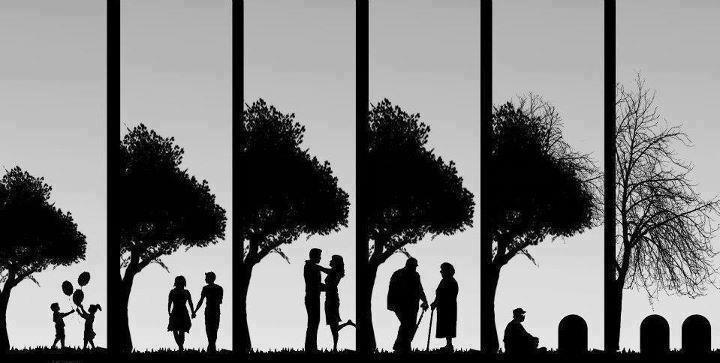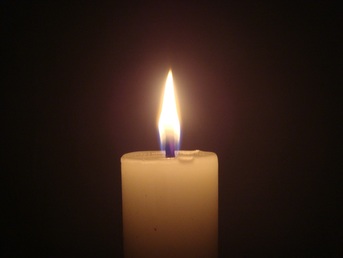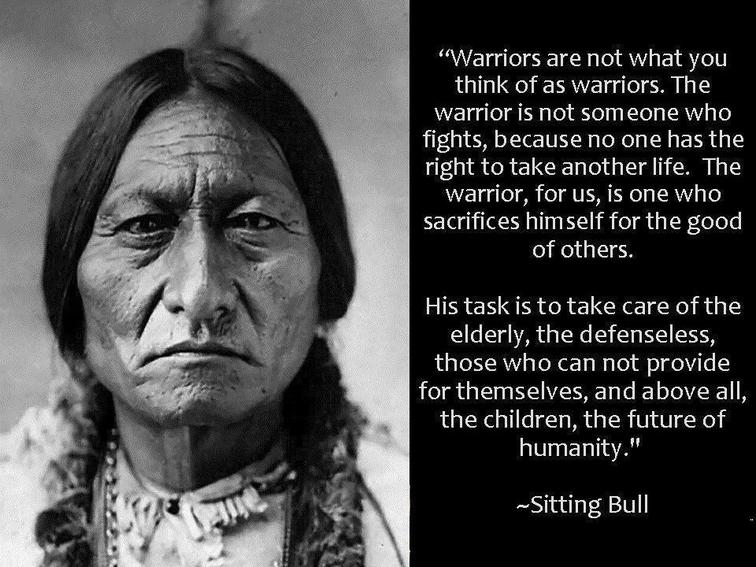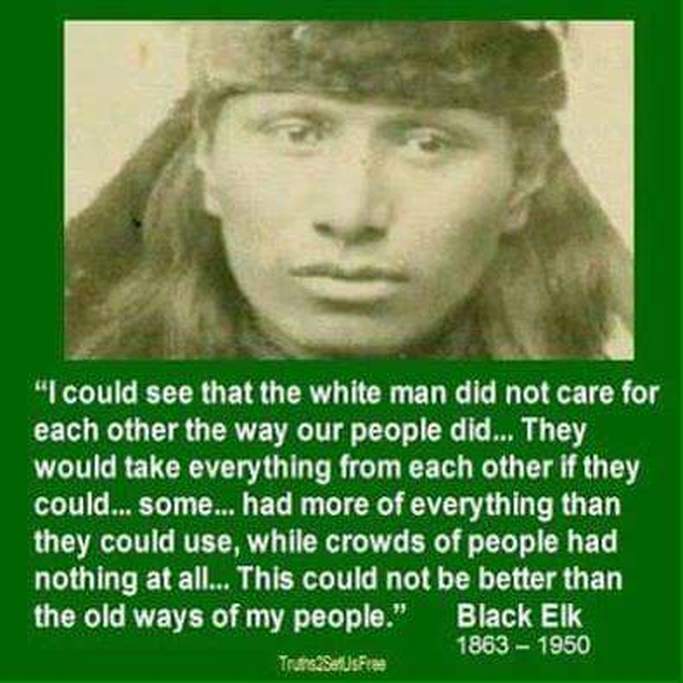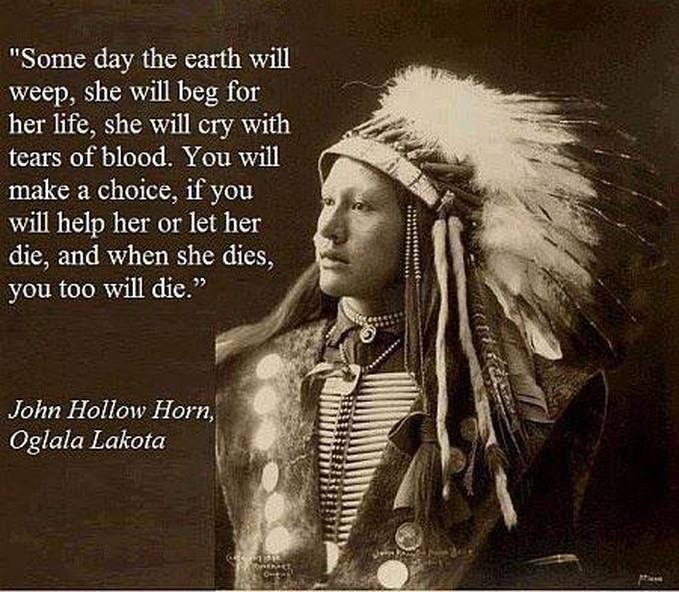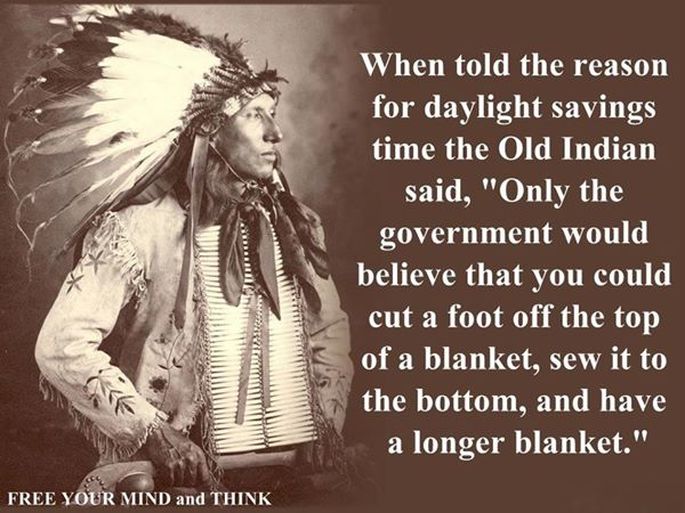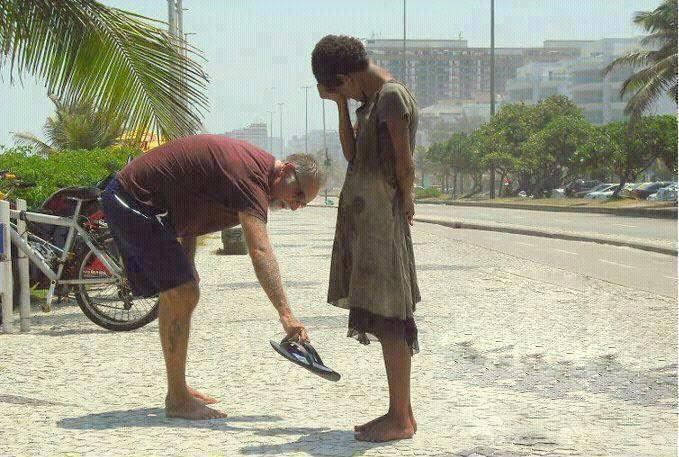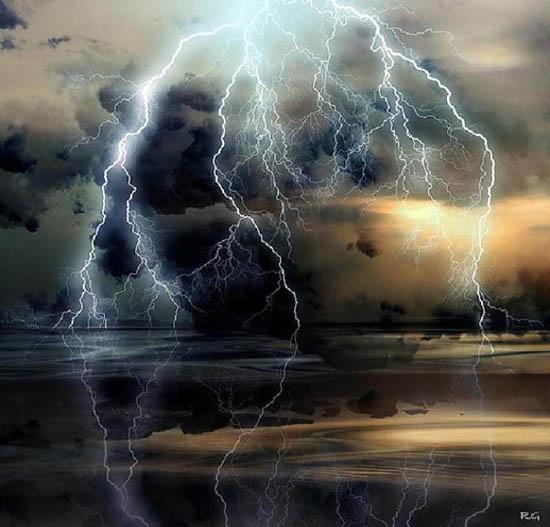The entries on this page are not sorted by date, rather by relevance to each thread.
** WARNING! ** - This page contains some graphic and possibly upsetting content.
** WARNING! ** - This page contains some graphic and possibly upsetting content.
WAR - WHAT'S IT REALLY GOOD FOR?
Wilfred Owen

The old lie:
Dulce et decorum est,
Pro patria mori.
For anyone that hasn't seen it, one of the most intensely moving scenes from British television. For those that have seen it, very much worth viewing again, and again...
Extracts from 'Sunset Song' by Lewis Grassic Gibbon
It rose and rose and wept and cried, that crying for the men that fell in battle, and there was Kirsty Strachan weeping quietly and others with her, and the young ploughmen they stood with glum, white faces, they'd no understanding or caring, it was something that vexed and tore at them, it belonged to times they had no knowing of.
He fair could play, the piper, he tore at your heart marching there with the tune leaping up the moor and echoing across the loch, folk said that Chris Tavendale alone shed never a tear, she stood quiet, holding her boy by the hand, looking down on Blawearie's fields till the playing was over. And syne folk saw that the dark had come and began to stream down the hill, leaving her there, some were uncertain and looked them back. But they saw the minister was standing behind her, waiting for her, they'd the last of the light with them up there, and maybe they didn't need it or heed it, you can do without the day if you've a lamp quiet-lighted and kind in your heart.
Below them, Kinraddie; above, the hill; the loch shimmering and sleeping in the autumn sun; young Ewan at her feet; the peewits crying down the Howe.
She gave a long sigh and withdrew her hand from the face of the Standing Stone. The mist of memories fell away and the aching urge came back--for what, for what? Sun and sky and the loneliness of the hills, they had cried her up here--for what?
And then something made her raise her eyes, she stood awful and rigid, fronting him, coming up the path through the broom. Laired with glaur was his uniform, his face was white and the great hole sagged and opened, sagged and opened, red-glazed and black, at every upwards step he took. Up through the broom: she saw the grass wave with no press below his feet, her lad, the light in his eyes that aye she could bring.
The snipe stilled their calling, a cloud came over the sun. He was close to her now and she held out her hands to him, blind with tears and bright her eyes, the bright weather in their faces, her voice shaping a question that she heard him answer in the rustle of the loch-side rushes as closer his soundless feet carried him to her lips and hands.Oh lassie, I've come home! he said, and went into the heart that was his forever.
FOR I WILL GIVE YOU THE MORNING STAR
In the sunset of an age and an epoch we may write that for epitaph of the men who were of it. They went quiet and brave from the lands they loved, though seldom of that love might they speak, it was not in them to tell in words of the earth that moved and lived and abided, their life and enduring love. And who knows at the last what memories of it were with them, the springs and the winters of this land and all the sounds and scents of it that had once been theirs, deep, and a passion of their blood and spirit, those four who died in France? With them we may say there died a thing older than themselves, these were the Last of the Peasants, the last of the Old Scots folk. A new generation comes up that will know them not, except as a memory in a song, they passed with the things that seemed good to them with loves and desires that grow dim and alien in the days to be. It was the old Scotland that perished then, and we may believe that never again will the old speech and the old songs, the old curses and the old benedictions, rise but with alien effort to our lips.
The last of the peasants, those four that you knew, took that with them to the darkness and the quietness of the places where they sleep. And the land changes, their parks and their steadings are a desolation where the sheep are pastured, we are told that great machines come soon to till the land, and the great herds come to feed on it, the crofter has gone, the man with the house and the steading of his own and the land closer to his heart than the flesh of his body. Nothing, it has been said, is true but change, nothing abides, and here in Kinraddie where we watch the building of those little prides and those little fortunes on the ruins of the little farms we must give heed that these also do not abide, that a new spirit shall come to the land with the greater herd and the great machines. For greed of place and possession and great estate those four had little head, the kindness of friends and the warmth of toil and the peace of rest--they asked no more from God or man, and no less would they endure.
So, lest we shame them, let us believe that the new oppressions and foolish greeds are no more than mists that pass. They died for a world that is past, these men, but they did not die for this that we seem to inherit. Beyond it and us there shines a greater hope and a newer world, undreamt when these four died. But need we doubt which side the battle they would range themselves did they live to-day, need we doubt the answer they cry to us even now, the four of them, from the places of the sunset?
And then, as folk stood dumbfounded, this was just sheer politics, plain what he meant, the Highland man McIvor tuned up his pipes and began to step slow round the stone circle by Blawearie Loch, slow and quiet, and folk watched him, the dark was near, it lifted your hair and was eerie and uncanny, the Flowers of the Forest as he played it:
Isla St Clair - The Flowers Of The Forest
Eric Bogle - The Band Played Watzing Matilda
Eric Bogle - No Man's Land (Green Fields of France)
Rien na change
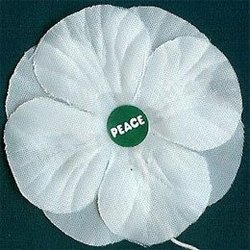
If you’re going to wear a poppy, wear a white one.
by The Wee Ginger Dug
Every year the poppy parading gets earlier and earlier like Christmas adverts. The poppy police have been out in force since mid-October, complaining that there are people on the telly not bearing the obligatory badge of British militarism. If you don’t wear a poppy you don’t support the troops, and if you don’t support the troops then you’re practically a member of ISIS.
It’s not enough to remember the dead in your own way. It’s not allowed to light a quiet candle in your heart. It’s not permitted to make a donation in private to a charity of your choice. You have to make a show of it. You have to make a public display in an establishment approved manner, a way that doesn’t challenge or question, a way that won’t rock any boats or change anything that the powerful do. Poppies are the regimentation of remembrance. We remember the dead as soldiers, not as human beings. A unique life reduced to a name, a rank, and a serial number on serried rows of identical graves. And the civilians who die as collateral damage don’t get remembered at all. The most personal feeling of all, grief, becomes a public parade.
The poppy does not represent peace, it never did. It was begun by a man who sent thousands to their deaths WW1 in order to gain a few metres of mud for the Empire. It was a way of raising money to pay for the care of those maimed by a state which had no intention of caring for those it had maimed and then cast out, forgotten and broken. The poppy was sold to raise money to pay for the things that the state wouldn’t pay for – to pay for a decent life for those who could no longer provide a decent life for themselves or their families. Almost 100 years later the British state still won’t take full responsibility for the care of those it has brutalised, but it’s still ready to rush into war. Poppies ought to be a badge of shame for the British state, instead they became a glorification of it.
The poppy is not a symbol of pacifism, and it’s certainly not a symbol of opposition to war. Poppies do not say “never again”, they say: “We will remember the next time too.” Because this is Britain and there will be a next time, and a time after that, and a time after that, wars and destruction stretching out into the future in a never ending cycle of death and desolation. Poppies are the cant that covers the permanence of warfare and Britain’s love of bombs and bullets. Poppies are the holy relics of the British state’s cult of military martyrdom. Oppose it and you’re a blasphemer, a heretic, a witch who deserves to be burned.
What exactly are the people who ordered the senseless deaths of servicemen and women doing at services of remembrance? Tony Blair wears a poppy religiously, which is like a murderer appearing at a commemoration service for their victim bearing their photograph and a sad face. Why is it that we remember the victims of militarism with military parades? That’s wrong. Armies should not be allowed anywhere near a commemoration of those who’ve died in wars.
A remembrance of the dead is no place for uniforms, for marching, for generals and admirals. When we remember the dead we’ve loved and lost we should remember individuals, human beings with their unique lives. It’s their uniqueness that makes them human and it’s the loss of that unique humanity that makes their deaths a tragedy. The state sponsored services lose that – deliberately – the dead become an undifferentiated mass, dehumanised and depersonalised. And that makes it easier for that same state to send new generations off to fight its wars and to die in foreign lands, or to come home maimed and broken where they’re forced into work assessment interviews and their needs not met. And then we remember them in the same depersonalised way, and the whole cycle of death and pain and loss repeats itself while the British state presides over another pointless war.
The best way to help those who have suffered and lost because of the military actions of the British state is to campaign to ensure that the state fulfills its obligations to them. We can do more for ex-servicepeople by ending the iniquities of work assessments for the disabled and providing decent mental health services. But the same government that sponsors the parades and the ceremonies is axing the support services that those who’ve been wounded require.
The best way to remember those who have died in war is to ensure that there are no more wars. We can honour the memory of those who died in Britain’s wars by campaigning to ensure that Britain has no more wars. But the British establishment likes its wars. In the 308 years since Scotland became a part of the UK there have been barely 65 years of peace. That’s what punching above our weight means, it means parades for the dead whose individuality is lost in a military grave. It means that the establishment which bolsters its position with warfare keeps causing more wars. If we want peace it must mean an end to militarism.
The glorification of the military is no way to remember the dead who died because of the militarisation of society. We dishonour them. We dishonour the dead when children wearing t-shirts bearing the legend Future Soldier parade with oversized poppies. No child should look forward to a future of warfare. The poppy has ceased to become a symbol of care, it’s a symbol of militarisation. It’s a symbol of an establishment that refuses to be challenged. It’s a symbol of a loss of choice and democracy.
I won’t wear a red poppy. That doesn’t mean I won’t donate to a charity that helps those who have suffered and lost. That doesn’t mean I don’t remember the dead or have no understanding of the sacrifices that others made. That doesn’t mean I don’t grieve for loss and suffering. What it means is that my grief is personal and will not be regimented. What it means is that I strive for peace, not for the glory of an army.
If you’re going to wear a poppy, wear a white one. Remember the dead with a symbol of peace.
ANZAC day 2011. Above - a war cemetary in France. Below - dawn on a beach in Turkey.
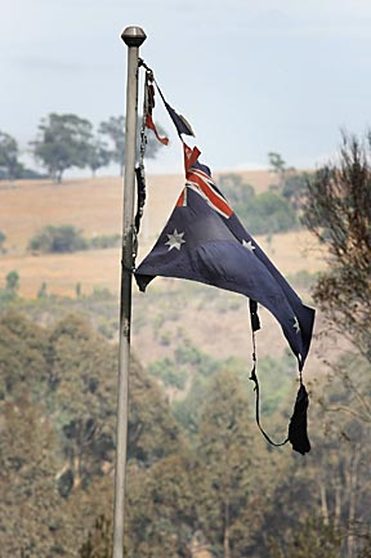
A poignant reminder of the bushfires that ravaged Victoria, Australia, in February 2009.
Click on flag for album.
Click on flag for album.
When an old man died in the geriatric ward of a nursing home in an Australian country town, it was believed that he had nothing left of any value.
Later, when the nurses were going through his meagre possessions, They found this poem. Its quality and content so impressed the staff that copies were made and distributed to every nurse in the hospital.
One nurse took her copy to Melbourne. The old man's sole bequest to posterity has since appeared in the Christmas editions of magazines around the country and appearing in mags for Mental Health. A slide presentation has also been made based on his simple, but eloquent, poem.
And this old man, with nothing left to give to the world, is now the author of this 'anonymous' poem winging across the Internet.
Cranky Old Man
What do you see nurses? . . .. . .What do you see?
What are you thinking .. . when you're looking at me?
A cranky old man, . . . . . .not very wise,
Uncertain of habit .. . . . . . . .. with faraway eyes?
Who dribbles his food .. . ... . . and makes no reply.
When you say in a loud voice . .'I do wish you'd try!'
Who seems not to notice . . .the things that you do.
And forever is losing . . . . . .. . . A sock or shoe?
Who, resisting or not . . . ... lets you do as you will,
With bathing and feeding . . . .The long day to fill?
Is that what you're thinking?. .Is that what you see?
Then open your eyes, nurse .you're not looking at me.
I'll tell you who I am . . . . .. As I sit here so still,
As I do at your bidding, .. . . . as I eat at your will.
I'm a small child of Ten . .with a father and mother,
Brothers and sisters .. . . .. . who love one another
A young boy of Sixteen . . . .. with wings on his feet
Dreaming that soon now . . .. . . a lover he'll meet.
A groom soon at Twenty . . . ..my heart gives a leap.
Remembering, the vows .. .. .that I promised to keep.
At Twenty-Five, now . . . . .I have young of my own.
Who need me to guide . . . And a secure happy home.
A man of Thirty . .. . . . . My young now grown fast,
Bound to each other . . .. With ties that should last.
At Forty, my young sons .. .have grown and are gone,
But my woman is beside me . . to see I don't mourn.
At Fifty, once more, .. ...Babies play 'round my knee,
Again, we know children . . . . My loved one and me.
Dark days are upon me . . . . My wife is now dead.
I look at the future ... . . . . I shudder with dread.
For my young are all rearing .. . . young of their own.
And I think of the years . . . And the love that I've known.
I'm now an old man . . . . . . .. and nature is cruel.
It's jest to make old age . . . . . . . look like a fool.
The body, it crumbles .. .. . grace and vigour, depart.
There is now a stone . . . where I once had a heart.
But inside this old carcass . A young man still dwells,
And now and again . . . . . my battered heart swells
I remember the joys . . . . .. . I remember the pain.
And I'm loving and living . . . . . . . life over again.
I think of the years, all too few . . .. gone too fast.
And accept the stark fact . . . that nothing can last.
So open your eyes, people .. . . . .. . . open and see.
Not a cranky old man .
Look closer . . . . see .. .. . .. .... . ME!!
The Circle of Life...
LETTER FROM A MOTHER TO A DAUGHTER:
"My dear girl, the day you see I’m getting old, I ask you to please be patient, but most of all, try to understand what I’m going through.
If when we talk, I repeat the same thing a thousand times, don’t interrupt to say: “You said the same thing a minute ago”... Just listen, please. Try to remember the times when you were little and I would read the same story night after night until you would fall asleep.
When I don’t want to take a bath, don’t be mad and don’t embarrass me. Remember when I had to run after you making excuses and trying to get you to take a shower when you were just a girl?
When you see how ignorant I am when it comes to new technology, give me the time to learn and don’t look at me that way... remember, honey, I patiently taught you how to do many things like eating appropriately, getting dressed, combing your hair and dealing with life’s issues every day... the day you see I’m getting old, I ask you to please be patient, but most of all, try to understand what I’m going through.
If I occasionally lose track of what we’re talking about, give me the time to remember, and if I can’t, don’t be nervous, impatient or arrogant. Just know in your heart that the most important thing for me is to be with you.
And when my old, tired legs don’t let me move as quickly as before, give me your hand the same way that I offered mine to you when you first walked.
When those days come, don’t feel sad... just be with me, and understand me while I get to the end of my life with love.
I’ll cherish and thank you for the gift of time and joy we shared. With a big smile and the huge love I’ve always had for you, I just want to say, I love you... my darling daughter."
"My dear girl, the day you see I’m getting old, I ask you to please be patient, but most of all, try to understand what I’m going through.
If when we talk, I repeat the same thing a thousand times, don’t interrupt to say: “You said the same thing a minute ago”... Just listen, please. Try to remember the times when you were little and I would read the same story night after night until you would fall asleep.
When I don’t want to take a bath, don’t be mad and don’t embarrass me. Remember when I had to run after you making excuses and trying to get you to take a shower when you were just a girl?
When you see how ignorant I am when it comes to new technology, give me the time to learn and don’t look at me that way... remember, honey, I patiently taught you how to do many things like eating appropriately, getting dressed, combing your hair and dealing with life’s issues every day... the day you see I’m getting old, I ask you to please be patient, but most of all, try to understand what I’m going through.
If I occasionally lose track of what we’re talking about, give me the time to remember, and if I can’t, don’t be nervous, impatient or arrogant. Just know in your heart that the most important thing for me is to be with you.
And when my old, tired legs don’t let me move as quickly as before, give me your hand the same way that I offered mine to you when you first walked.
When those days come, don’t feel sad... just be with me, and understand me while I get to the end of my life with love.
I’ll cherish and thank you for the gift of time and joy we shared. With a big smile and the huge love I’ve always had for you, I just want to say, I love you... my darling daughter."
The Life of Death from Marsha Onderstijn on Vimeo.
Hear me people: We now have to deal with another race---small and feeble when our fathers first met them, but now great and overbearing. Strangely enough they have a mind to till the soil and the love of possessions is a disease with them. These people have made many rules which the rich may break but the poor may not. They take their tithes from the poor and weak to support the rich and those who rule.
Chief Sitting Bull, at the Powder River Conference, 1887
I wish I had the wisdom
To find some simple words to make you see
That the things that mean a lot to you
Don't always seem to mean so much to me
I need to breathe
I need to leave
When the sands of time go drifting by
I may be on my own, but I'll be free
In the canteen at Yorkhill, (hospital) a fifth circle of hell where you can be sure almost every diner is suffering some private anxiety, from minor worry about a routine operation, to essential sustenance being taken before sharing the last hours of a terminally ill child, I watched a fellow customer from the corner of my eye. He was an obese man with yellow stained fingers, dressed in a thin shell-suit and filthy, ancient trainers, sitting beside a two-year-old, sucking at a plastic bottle of Irn-Bru in a buggy inexpertly repaired with gaffer tape. His hands were perfectly still on either side of an untouched plate of mince pie and chips, and he was crying silently; huge, wet tears running down his face, dripping off the end of his chin and nose on to his cold meal.
I don’t care who does it, or how they do it, or what it costs me in taxes, social inconveniences or sacrifices, my question to the politicians is: what are you going to do for him?
From Muriel Gray’s column in the Sunday Herald 1/5/05
For never was a story of more woe
Than this of Juliet and her Romeo.
I guess sometimes the ground can shift beneath your feet, sometimes your footing slips. You stumble. And sometimes you grab what's closest to you and hold on - as tight as you can.
ROAD SAFETY
The TAC Drink Driving awareness campaign in Victoria Australia which has been running for over 20 years.
Certainly for me, they came over as very powerful and often very graphic ads that really worked, especially as they would often be dropped into the middle of an ad break without warning, even during comedy programmes.
WARNING - SOME VERY GRAPHIC SCENES
Even hands-free...
Do not go gentle into that good night,
Old age should burn and rage at close of day;
Rage, rage against the dying of the light.
Though wise men at their end know dark is right,
Because their words had forked no lightning they
Do not go gentle into that good night.
Good men, the last wave by, crying how bright
Their frail deeds might have danced in a green bay,
Rage, rage against the dying of the light.
Wild men who caught and sang the sun in flight,
And learn, too late, they grieved it on its way,
Do not go gentle into that good night.
Grave men, near death, who see with blinding sight
Blind eyes could blaze like meteors and be gay,
Rage, rage against the dying of the light.
And you, my father, there on the sad height,
Curse, bless me now with your fierce tears, I pray.
Do not go gentle into that good night.
Rage, rage against the dying of the light.
Dylan Thomas
What do you do when the only person who can make you stop crying is the person who made you cry in the first place?
No smile is as beautiful as the one that struggles through tears.
Into my heart an air that kills
From yon far country blows:
What are those blue remembered hills,
What spires, what farms are those?
That is the land of lost content,
I see it shining plain,
The happy highways where I went
And cannot come again.
A.E.Housman
"It's impossible," said pride.
"It's risky," said experience.
"It's pointless," said reason.
"Give it a try," whispered the heart.
IF
If you can keep your head when all about you
Are losing theirs and blaming it on you;
If you can trust yourself when all men doubt you,
But make allowance for their doubting too:
If you can wait and not be tired by waiting,
Or, being lied about, don't deal in lies,
Or being hated don't give way to hating,
And yet don't look too good, nor talk too wise;
If you can dream---and not make dreams your master;
If you can think---and not make thoughts your aim,
If you can meet with Triumph and Disaster
And treat those two impostors just the same:.
If you can bear to hear the truth you've spoken
Twisted by knaves to make a trap for fools,
Or watch the things you gave your life to, broken,
And stoop and build'em up with worn-out tools;
If you can make one heap of all your winnings
And risk it on one turn of pitch-and-toss,
And lose, and start again at your beginnings,
And never breathe a word about your loss:
If you can force your heart and nerve and sinew
To serve your turn long after they are gone,
And so hold on when there is nothing in you
Except the Will which says to them: "Hold on!"
If you can talk with crowds and keep your virtue,
Or walk with Kings---nor lose the common touch,
If neither foes nor loving friends can hurt you,
If all men count with you, but none too much:
If you can fill the unforgiving minute
With sixty seconds' worth of distance run,
Yours is the Earth and everything that's in it,
And---which is more---you'll be a Man, my son!
Rudyard Kipling
When You are Old
When you are old and grey and full of sleep,
And nodding by the fire, take down this book,
And slowly read, and dream of the soft look
Your eyes had once, and of their shadows deep;
How many loved your moments of glad grace,
And loved your beauty with love false or true,
But one man loved the pilgrim soul in you,
And loved the sorrows of your changing face;
And bending down beside the glowing bars,
Murmur, a little sadly, how Love fled
And paced upon the mountains overhead
And hid his face amid a crowd of stars.
W. B. Yeats
A smile costs nothing, but gives a lot.
It enriches those who receive it without making poorer those who give it.
A smile takes but a moment, and the memory of it can last forever.
No one is so rich, or so mighty, that they can get along without a smile.
And no one is so poor that they cannot be made richer by a smile.
A smile creates happiness in the home, fosters goodwill in business and is the countersign of friendship.
A smile brings rest to the weary, cheer to the discouraged, sunshine to the
sad and is nature's best cure for trouble
Yet it cannot be bought, begged, borrowed, or stolen for it is of no value to anyone until it is freely given away.
Some people are too tired to give a smile, so give them one of yours.
No one needs a smile so much as he who has none left to give.
